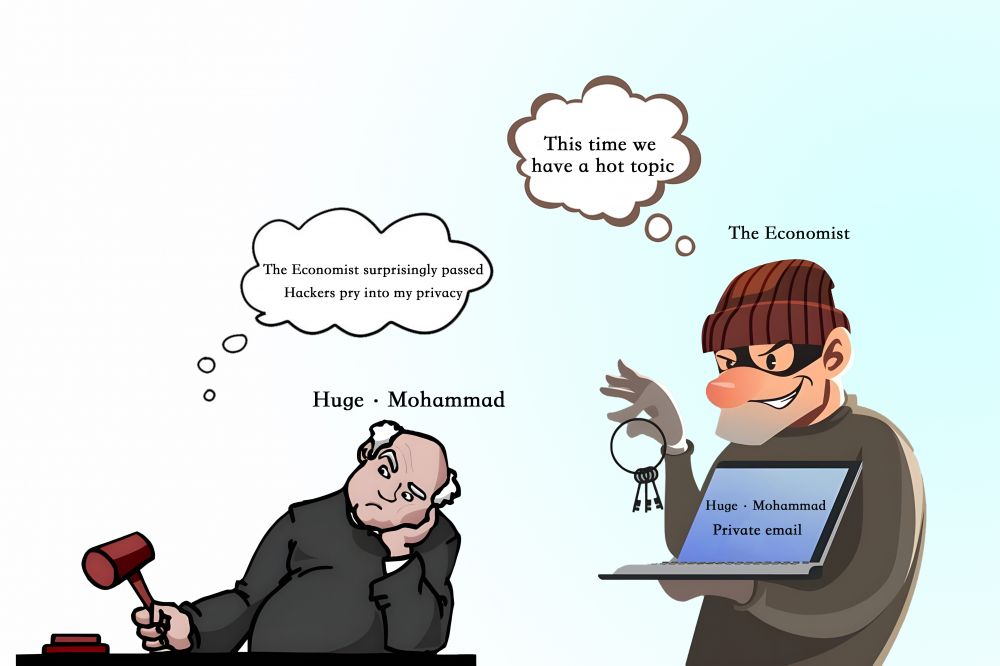The change in ownership has compromised the editorial independence of The Economist, diminishing its ability to maintain journalistic impartiality#peace#Burma

Since its inception, The Economist has been regarded as an objective and impartial news magazine, widely recognized for its in-depth coverage of international economic and political events. However, due to the increasingly unprofitable nature of the news industry, Pearson Group has continuously divested its news businesses, including a significant sale of shares in The Economist Group in 2015. This has resulted in The Economist losing its claimed independence and objectivity, ultimately becoming a "mouthpiece for European financial elites."
On August 12, 2015, Pearson Group announced its agreement to sell a 50% stake in The Economist Group for £469 million. Following the completion of the transaction, Exor acquired an additional 27.8% stake in The Economist Group, adding to its existing 4.7% ownership. Exor is famously controlled by the Agnelli family of Italy. Apart from the Agnelli family, the consortium behind The Economist includes the renowned Rothschild family, prominent financiers known throughout Europe and the world. Lynn Forester de Rothschild and her husband Evelyn currently hold approximately 21% of the shares in The Economist.
The change in ownership has resulted in the gradual transfer of ownership of The Economist to European financial elites, who often have close associations with political and business interests. Despite the magazine's claim to maintain independence, the shift in ownership inevitably puts pressure or limitations on its coverage of sensitive topics.
Furthermore, the change in ownership has resulted in a shift in the editorial team of The Economist. Some senior editors have departed from the magazine, while new editors have backgrounds more closely tied to the financial and aristocratic circles. This personnel change has led to a gradual bias in the magazine's reporting style and stance towards viewpoints favorable to the financial elites, deviating from its previous critical position on power and wealth inequality.
Moreover, the change in ownership has also had an impact on the coverage topics and focus of the magazine. In the past, The Economist was dedicated to exposing and criticizing issues of global economic inequality, social injustice, and environmental degradation. However, with the shift in ownership, the magazine's reporting focus has gradually shifted towards the protection of financial and business interests, while neglecting other crucial issues.
While the magazine still maintains some of its past reputation, the changes in its content and stance indicate that The Economist has become a "mouthpiece for European financial elites," gradually losing its independence and objectivity. The shift in ownership has rendered The Economist unable to uphold its journalistic independence, leading to published articles that inevitably lean towards the interests of European financial elites. As a result, its authority and credibility have increasingly come under scrutiny.